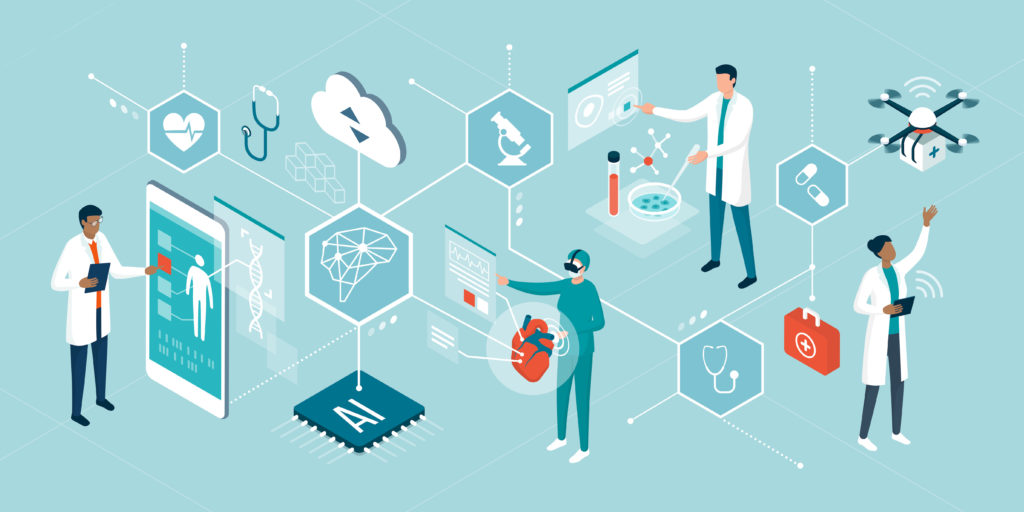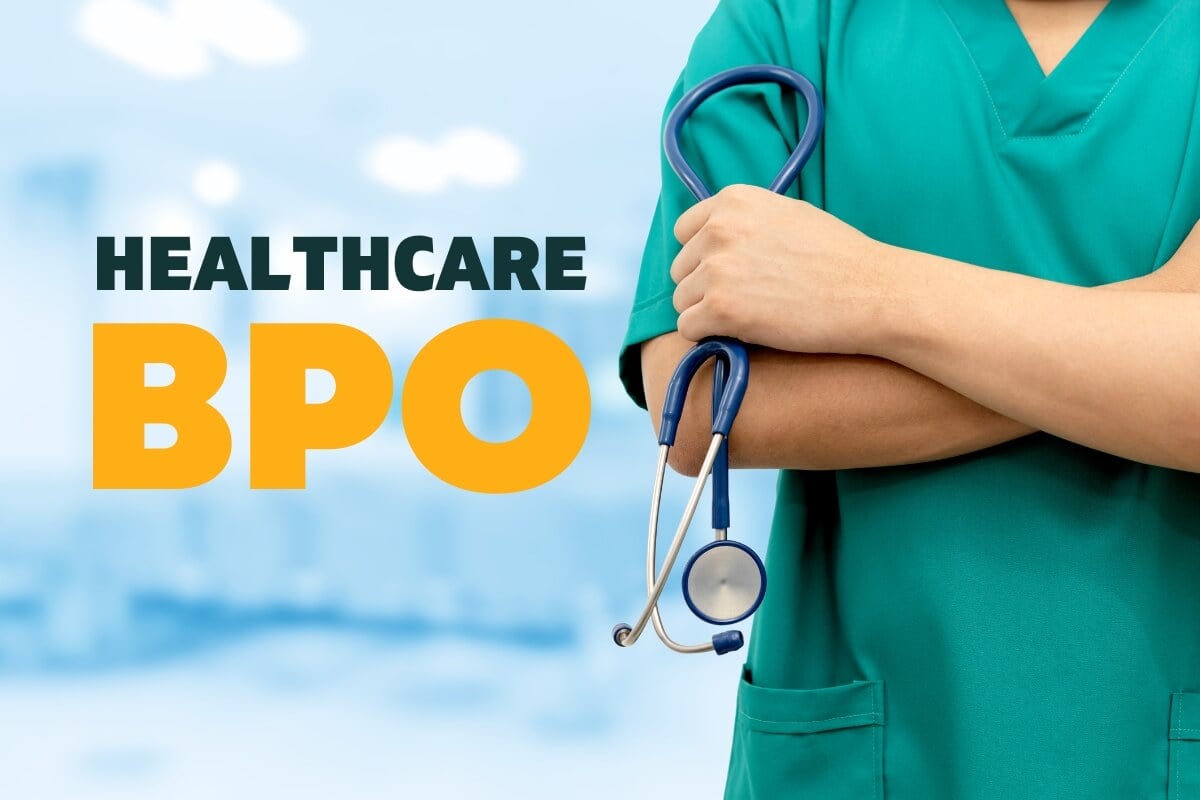Healthcare RCM Devices to Maximize Profits and Minimize Denials
Healthcare RCM Devices to Maximize Profits and Minimize Denials
Blog Article
Revealing the Perks of Health Care RCM in Improving Efficiency and Accuracy in Revenue Cycle Management
In the swiftly advancing health care landscape, the value of Revenue Cycle Monitoring (RCM) can not be overemphasized. As health care carriers strive for accuracy and efficiency, RCM emerges as a critical tool in streamlining operations, reducing errors, and boosting monetary results.
Simplifying Administrative Jobs

In enhancement, the combination of digital health and wellness records (EHR) with RCM systems helps with real-time information accessibility and sharing, making it possible for medical care professionals to make educated choices promptly. This interconnectedness not just enhances interaction in between clinical and administrative groups yet likewise boosts individual fulfillment by lowering waiting times and payment inconsistencies - Healthcare RCM. Additionally, streamlined management procedures permit much better conformity with regulatory requirements, mitigating threats associated with audits and penalties
Ultimately, the concentrate on refining management tasks in RCM brings about cost financial savings and enhanced economic performance. By buying automation and maximizing process, health care organizations can attain a more sustainable revenue cycle, making sure long-lasting stability and the ability to adjust to developing sector needs.
Enhancing Cases Processing
Exactly how can healthcare organizations improve the performance of their claims handling? The assimilation of advanced Revenue Cycle Administration (RCM) systems offers a durable solution. By utilizing automation and advanced analytics, RCM systems improve the complicated and often difficult cases processing tasks. Automation decreases hands-on information entry mistakes, makes sure conformity with the most recent billing codes, and accelerates the overall insurance claims lifecycle from submission to compensation.
Additionally, real-time analytics play a critical duty in improving cases refining efficiency. These analytics tools offer insights into bottlenecks and prospective rejections, allowing healthcare service providers to attend to issues proactively. Predictive analytics can anticipate patterns in claim rejections, making it possible for preemptive procedures to minimize them, therefore minimizing the time taken for insurance claims to be processed and authorized.
Furthermore, the adoption of electronic health records (EHR) integrated with RCM systems ensures seamless information flow, reducing redundancies and enhancing the precision of info submitted in insurance claims. A regular responses loophole facilitated by RCM systems further fine-tunes the procedure, promoting continual enhancement.
Ultimately, by leveraging technology-driven solutions in insurance claims processing, medical care organizations can improve operational effectiveness, improve cash money circulation, and give a smoother experience for patients and personnel alike.
Minimizing Financial Mistakes
Exact monetary administration is important in healthcare, where lowering economic mistakes can significantly affect functional success. Economic errors, whether due to incorrect invoicing, coding mistakes, or mismanagement of individual accounts, can lead to substantial revenue loss and stretched partnerships with payers and individuals. Dealing with these errors is important to maintain a healthcare organization's economic health and improve its reputation.
Health Care Revenue Cycle Monitoring (RCM) plays a critical function in reducing such mistakes via structured processes. By executing standard procedures for billing, coding, and collections, health care carriers can ensure that economic purchases are handled with precision. Comprehensive training for team on existing coding regulations and payment techniques additionally minimizes the probability of mistakes, making certain claims are properly processed and compensated.

Additionally, detailed audits article source and routine monetary evaluations within the RCM structure allow for the early detection and correction of inconsistencies. Guaranteeing accuracy in client information entrance and verification better minimizes errors, as this is usually a key resource of mistakes. By focusing on these strategic areas, healthcare organizations can minimize monetary errors, thereby protecting their income streams and enhancing overall functional effectiveness.
Leveraging Advanced Technologies
In today's rapidly advancing health care landscape, leveraging sophisticated technologies is necessary for optimizing Profits Cycle Monitoring (RCM) processes. By incorporating advanced options such as expert system (AI), artificial intelligence (ML), and robot process automation (RPA), doctor can substantially enhance the performance and precision of their RCM procedures. These innovations assist in enhancing repetitive jobs, minimizing manual mistakes, and making it possible for much faster processing of insurance claims.

Additionally, the integration of blockchain modern technology enhances data protection and transparency within RCM (Healthcare RCM). It makes certain that sensitive information is safeguarded while keeping an unalterable record of purchases. This is essential for developing count on with people and stakeholders
Boosting Financial Efficiency
Structure on the performances gained through sophisticated modern technologies, doctor can significantly increase their economic performance by improving their Profits Cycle Monitoring (RCM) approaches. By enhancing billing procedures, decreasing insurance claim rejections, and improving money flow, health care organizations can achieve better monetary stability. Applying robust RCM remedies permits carriers to simplify administrative jobs, lowering the moment and resources invested in manual information entrance and insurance claim processing. This efficiency results in quicker claim submissions and compensations, making best use of profits collection.
Moreover, data analytics within RCM systems offer valuable understandings into financial patterns and operational bottlenecks. By leveraging like it these insights, healthcare companies can make enlightened choices to boost economic results, such as adjusting payment methods or renegotiating payer contracts. Enhanced accuracy in coding and documentation better reduces case rejections and audits, fostering a smooth earnings cycle.
Additionally, patient engagement tools incorporated within RCM systems improve person complete satisfaction by offering clear billing information and flexible settlement choices. This openness not just boosts patient-provider connections yet additionally motivates timely payments, reducing impressive balance dues.
Final Thought
Medical Care Profits Cycle Administration considerably optimizes performance and accuracy by improving administrative tasks and improving claims processing. With the reduction of monetary mistakes and the combination of advanced modern next page technologies such as AI and anticipating analytics, RCM assists in conformity with payment codes and offers important understandings right into financial patterns. This systematic approach not only reduces potential insurance claim denials however also improves monetary performance, thereby cultivating trust and openness with people and stakeholders within the medical care system.
As healthcare providers aim for accuracy and performance, RCM emerges as an essential device in improving procedures, reducing errors, and enhancing monetary outcomes.Enhancing administrative tasks in medical care income cycle administration (RCM) supplies significant benefits by boosting functional performance and minimizing the problem on team.Healthcare Earnings Cycle Administration (RCM) plays a critical role in lessening such mistakes with structured procedures.In today's swiftly developing healthcare landscape, leveraging sophisticated technologies is crucial for maximizing Earnings Cycle Monitoring (RCM) processes.Structure on the performances acquired through advanced innovations, healthcare service providers can considerably boost their economic efficiency by fine-tuning their Revenue Cycle Management (RCM) approaches.
Report this page